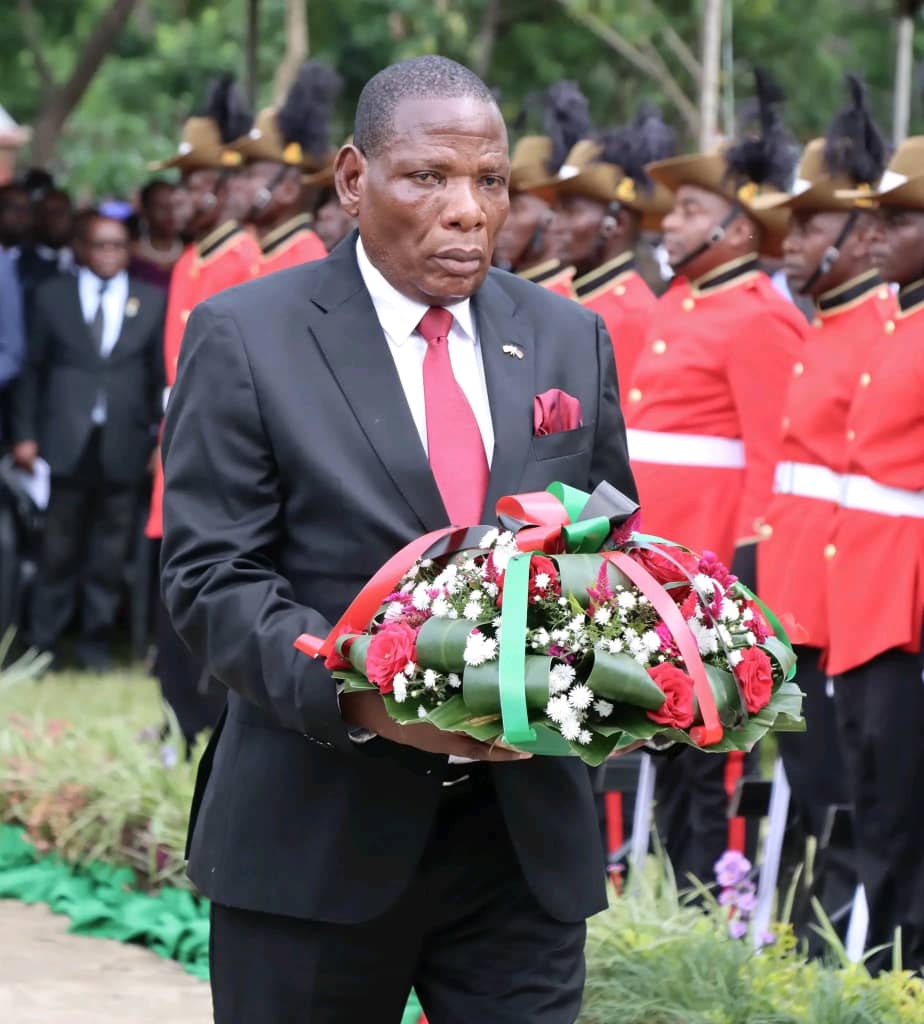By Burnett Munthali
Edwards Kambanje, a vocal member of the Concerned Citizens of Malawi, has launched a critical and introspective assessment of the political alliance culture dominating Malawi’s multiparty democracy.
In an audio message released on Monday, April 14, 2025, now circulating widely on social media, Kambanje offers a piercing critique of political coalitions, arguing that they have consistently failed to advance the interests of ordinary Malawians.
Drawing from the high-profile alliance forged in 2020 between the Malawi Congress Party (MCP) and the United Transformation Movement (UTM), Kambanje contends that such partnerships have not only betrayed public trust but also stagnated meaningful political accountability. While grand promises were made during campaign periods, he observes, none have materialized into tangible outcomes.
Instead of delivering on their commitments, the alliance partners have, according to Kambanje, engaged in finger-pointing and revisionist rhetoric. Leaders now distance themselves from specific campaign undertakings, often resorting to statements like, “That was not part of our campaign promise,” thereby abdicating collective responsibility.
To Kambanje, such statements reveal a dangerous lack of foresight, planning, and integrity in the formulation of political pacts. He asserts that these alliances were born not out of ideological harmony or public service intent, but from political expediency, often at the expense of the very citizens they claim to serve.
His broader assessment is that political alliances in Malawi are characterized by opportunism rather than strategic governance. He laments that leaders involved in these arrangements appear primarily focused on securing personal advantage—ministerial posts, influence, and access to state resources—once in power.
Even more troubling, he notes, is the pervasive mistrust among political parties. Many are hesitant to collaborate with others perceived as too dominant or politically ambitious, fearing a loss of identity or relevance. This culture of fear and suspicion, Kambanje argues, suffocates innovation and transparency in governance.
In his view, Malawi’s political trajectory is veering dangerously off course. The very fabric of democratic cooperation is being corroded by greed and short-termism. He warns that such dysfunction will only deepen the country’s governance crisis and perpetuate underdevelopment.
As a remedy, Kambanje strongly urges all political parties to disband their dependence on alliances and return to grassroots campaigning. He believes that legitimacy should be earned directly from the people, not brokered through elite pacts forged in boardrooms.
He also revisits the landmark High Court ruling that introduced the 50+1 electoral threshold in presidential elections, arguing that while its intent was democratic, it has inadvertently pushed political actors into unstable and disingenuous coalitions. These marriages of convenience, he says, are often between partners who neither trust nor respect one another.
Beyond electoral engineering, Kambanje expresses dismay at the self-centeredness that has permeated Malawi’s political class. He describes the country as “infested with self-serving individuals,” whose obsession with power derails genuine national development.
He predicts that even if a new alliance emerges victorious in the 2025 general elections, the fundamental issues of succession, governance coherence, and ideological clarity will come to a head by 2030, plunging the country into deeper uncertainty.
To avoid this looming crisis, he calls on parties to realign their vision—not with fellow parties, but with the citizenry. Political movements, he says, must be rooted in public service, not personal ambition.
Kambanje further suggests a regulatory clean-up of the political landscape. He condemns the proliferation of minor parties with no substantive policy platforms or national relevance, describing them as “vehicles for personal branding and ministerial bargaining.”
He recommends their deregistration, insisting that parties without clear developmental objectives have no place in a functioning democracy.
In conclusion, Kambanje delivers a clarion call: for Malawi to progress, it must abandon the politics of convenience and entitlement, and embrace a model of people-centered governance grounded in sincerity, accountability, and direct engagement with the electorate.




